Optimal Seasons for Foundation Repairs
Foundation repairs are most effectively performed during specific times of the year to ensure optimal results and minimal disruption. Seasonal conditions, soil moisture levels, and weather patterns influence the timing of repairs. Understanding these factors can help determine the best window for addressing foundation issues.
Spring offers moderate temperatures and increased soil moisture, which can facilitate certain repair methods. However, soil expansion during wet months may complicate some procedures.
Summer provides longer daylight hours and generally dry conditions, ideal for many foundation repair projects. High temperatures, however, may require scheduling during cooler parts of the day.
Fall is often considered optimal due to stable soil conditions and cooler weather. Soil moisture levels are usually balanced, reducing the risk of shifting during repairs.
Winter is generally less suitable due to freezing temperatures and frozen ground, which can hinder excavation and other repair activities.
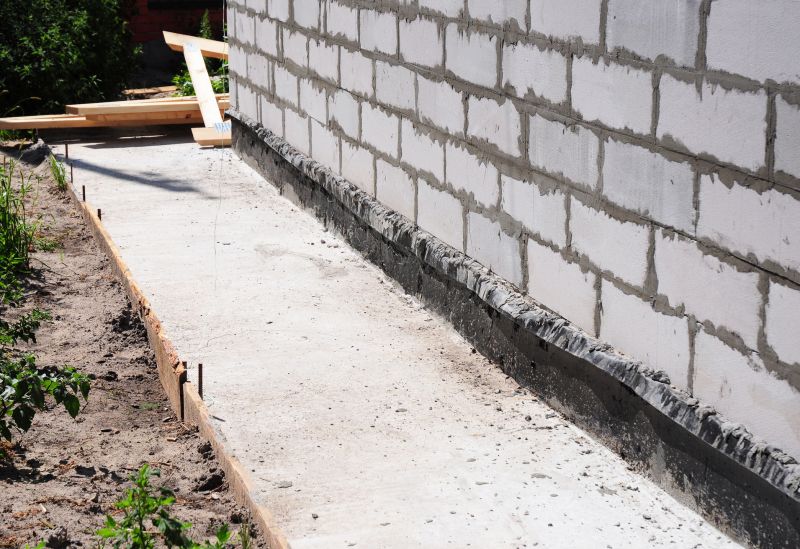
Springtime repairs utilize the season's moisture to stabilize soil before extreme weather changes.
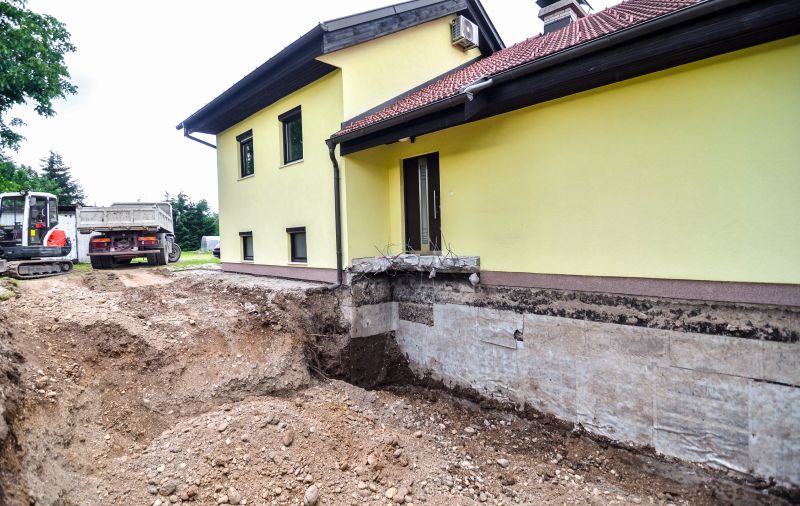
Summer's dry conditions support effective excavation and stabilization techniques.
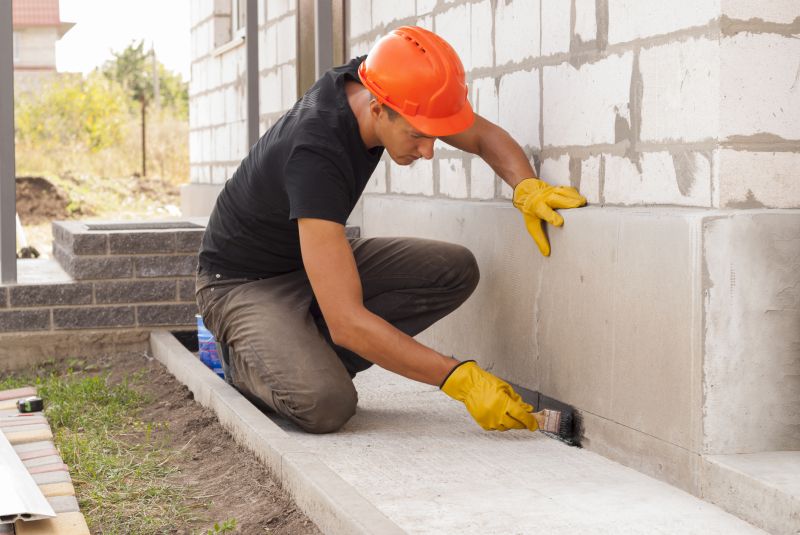
Fall offers optimal soil conditions for foundation repairs before winter sets in.
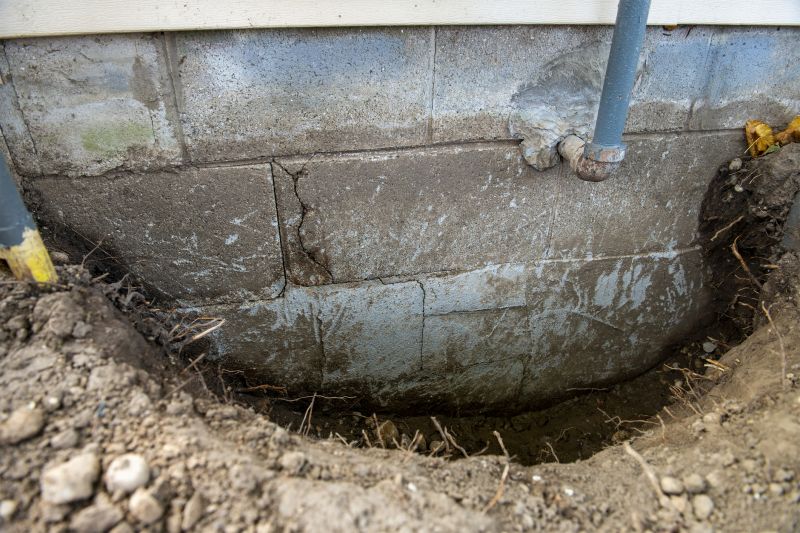
Winter's freezing ground limits repair options and can delay projects.
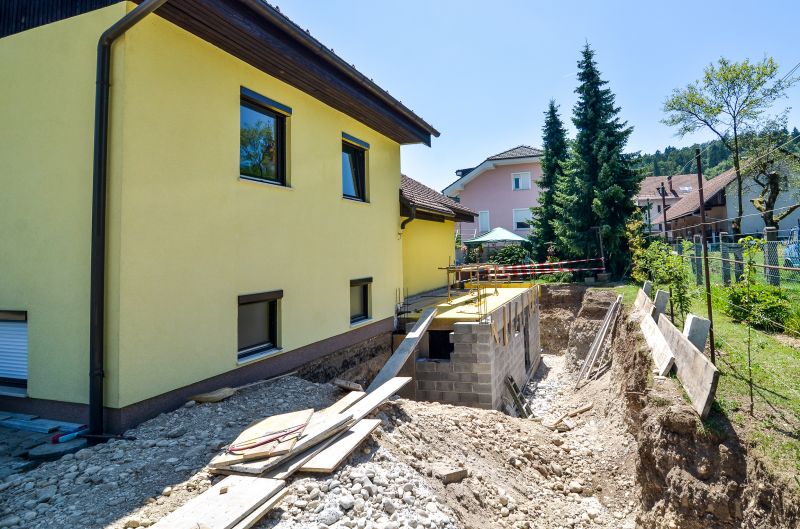
Ways to make Foundation Repairs work in tight or awkward layouts.
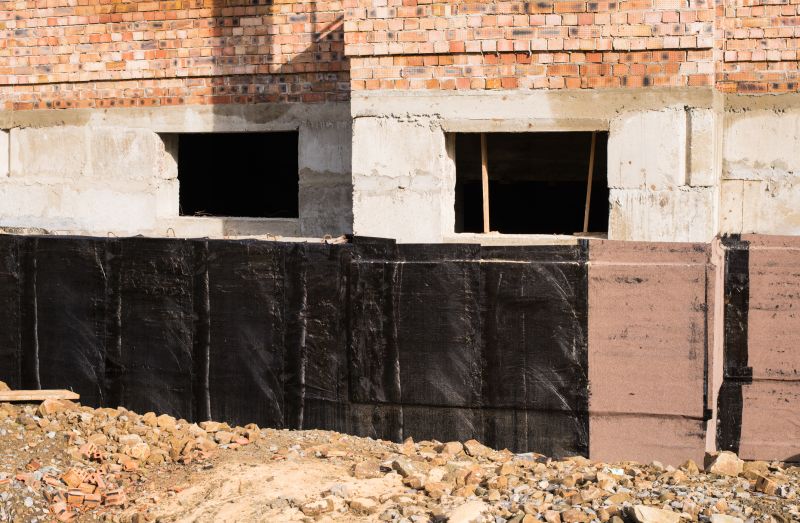
Popular materials for Foundation Repairs and why they hold up over time.
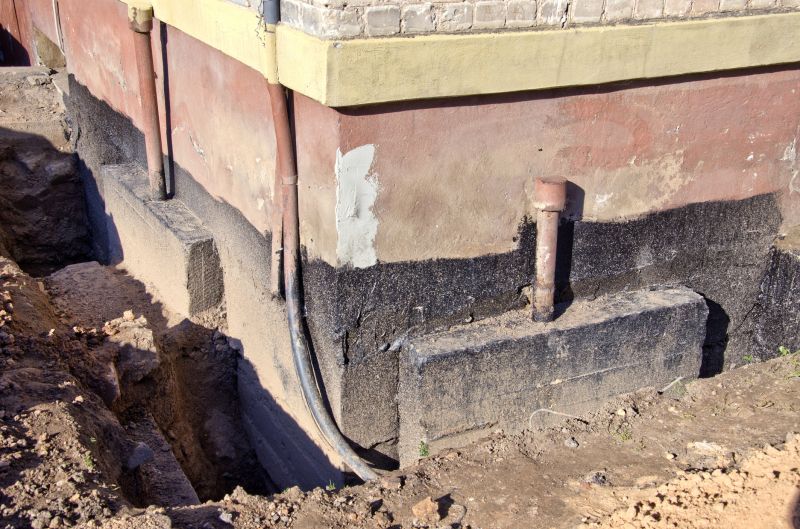
Simple add-ons that improve Foundation Repairs without blowing the budget.
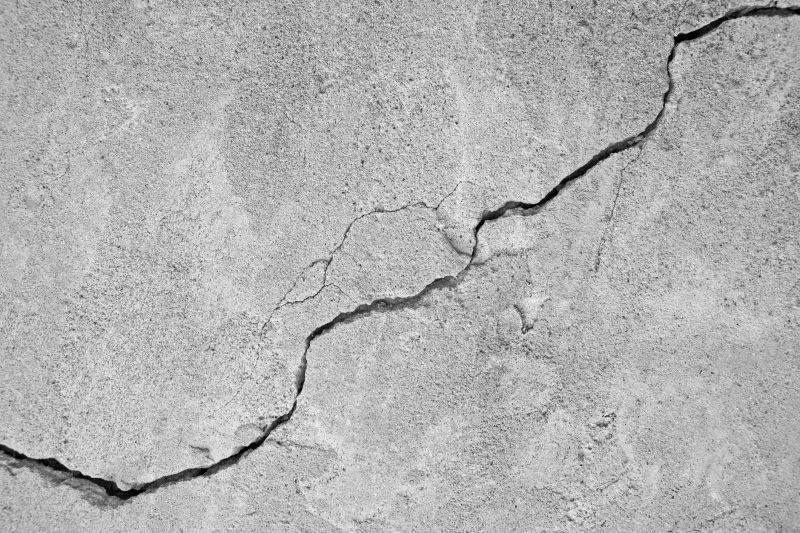
High-end options that actually feel worth it for Foundation Repairs.
Foundation repairs are critical for maintaining structural integrity and preventing further damage. They involve various techniques such as underpinning, mudjacking, and piering, which require specific environmental conditions for best results. Proper timing ensures that repairs are durable and less prone to future shifting or settling.
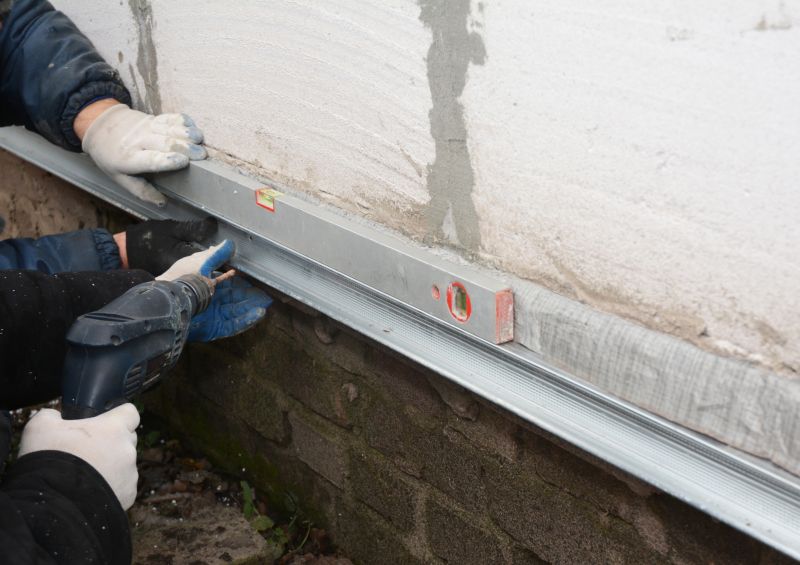
Visual documentation of foundation stabilization techniques.
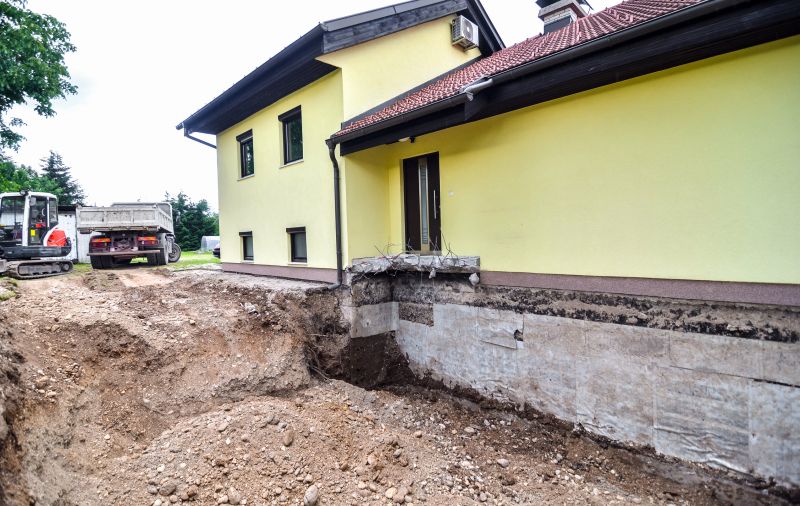
Images showing soil treatment before and after repairs.
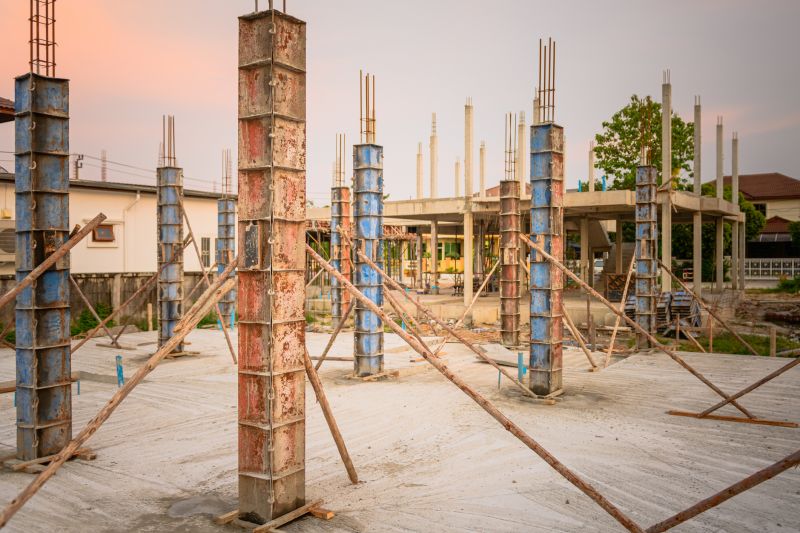
Photos of piering methods used to lift and stabilize foundations.
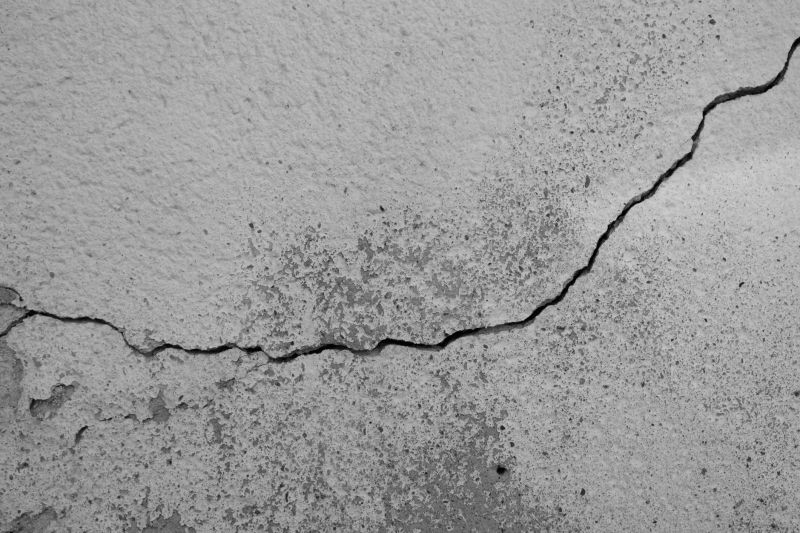
Images demonstrating crack sealing and reinforcement.
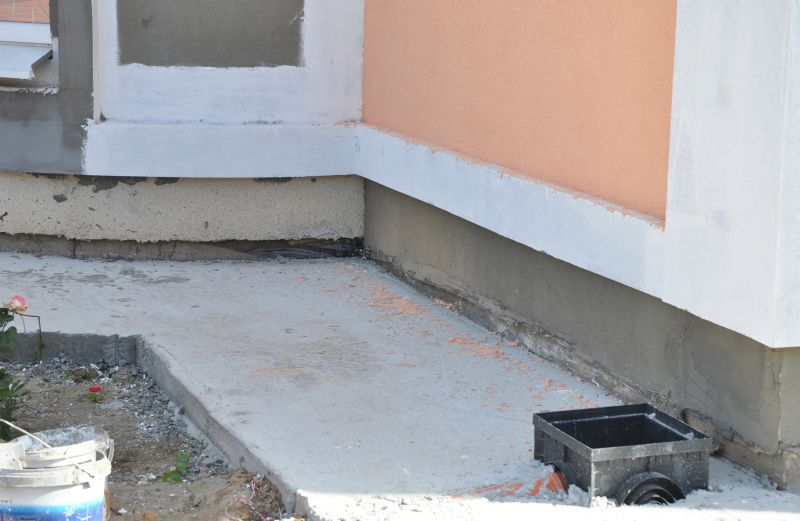
Finishes and colors that play nicely with Foundation Repairs.
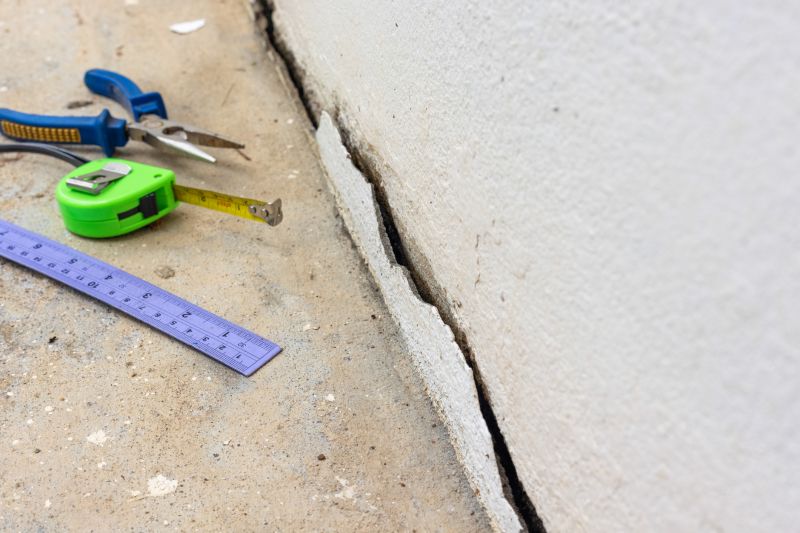
Little measurements that prevent headaches on Foundation Repairs day.
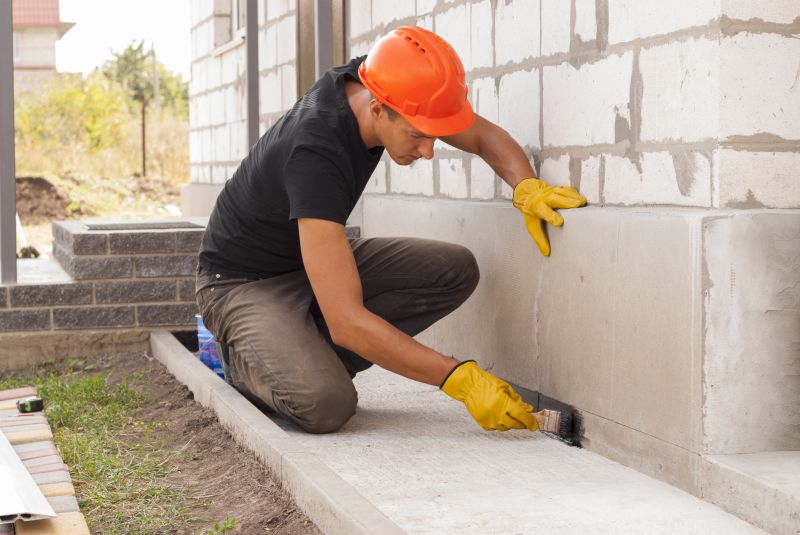
A 60-second routine that keeps Foundation Repairs looking new.
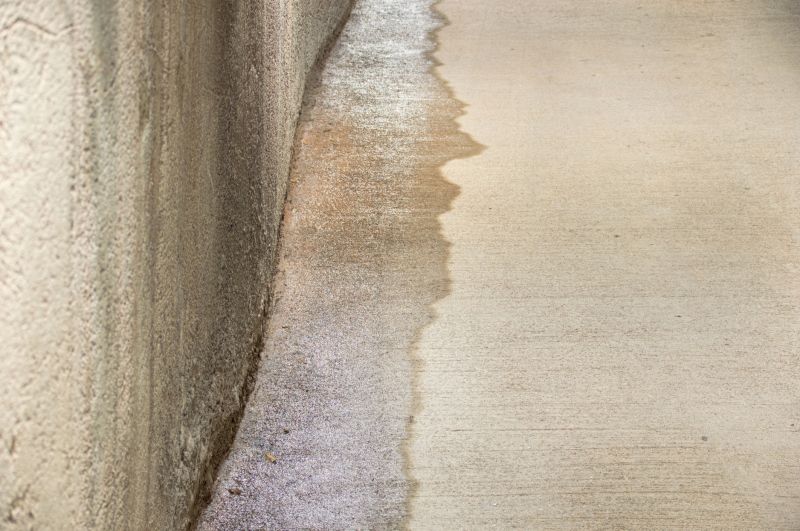
A frequent mistake in Foundation Repairs and how to dodge it.
| Season | Optimal Conditions |
|---|---|
| Spring | Moderate soil moisture, increasing soil stability |
| Summer | Dry weather, longer workdays |
| Fall | Balanced soil moisture, cooler temperatures |
| Winter | Frozen ground, limited repair options |
Choosing the right time for foundation repairs depends on local climate conditions and soil types. Consulting with a foundation specialist can help determine the most suitable season for specific repair needs. Proper planning ensures the longevity and effectiveness of the repair work.
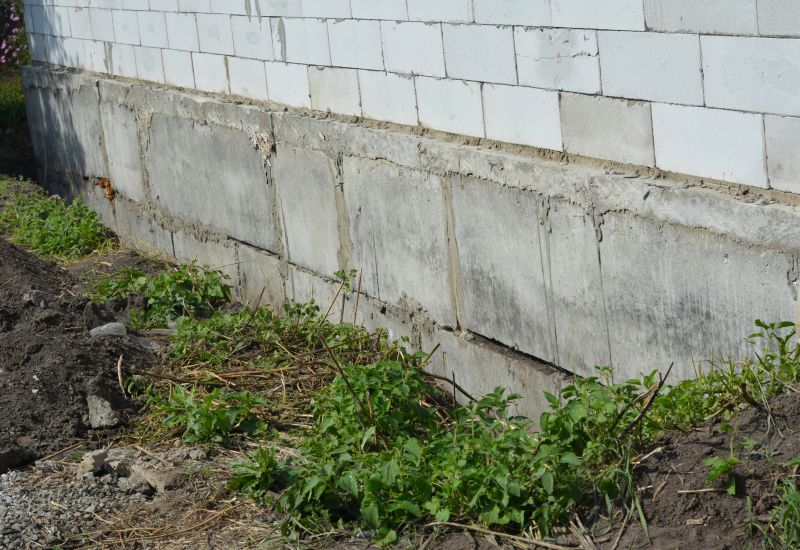
Planning and assessment images for optimal repair timing.
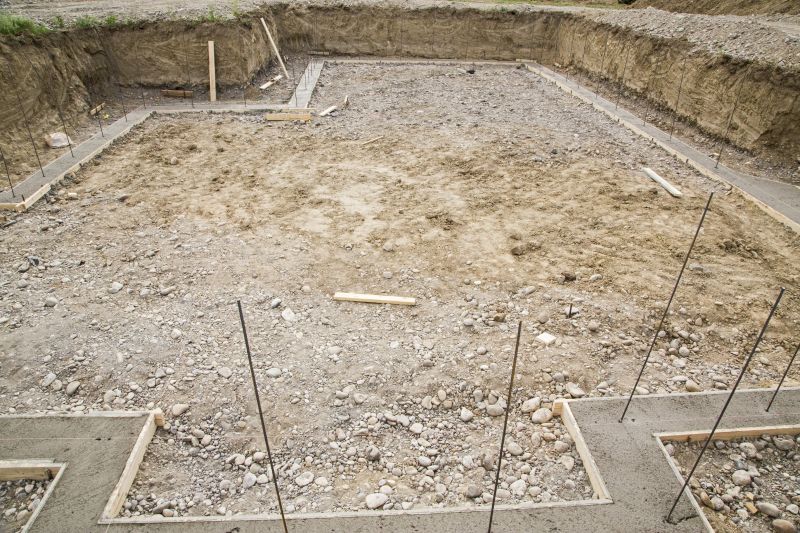
Photos of foundation excavation during suitable seasons.
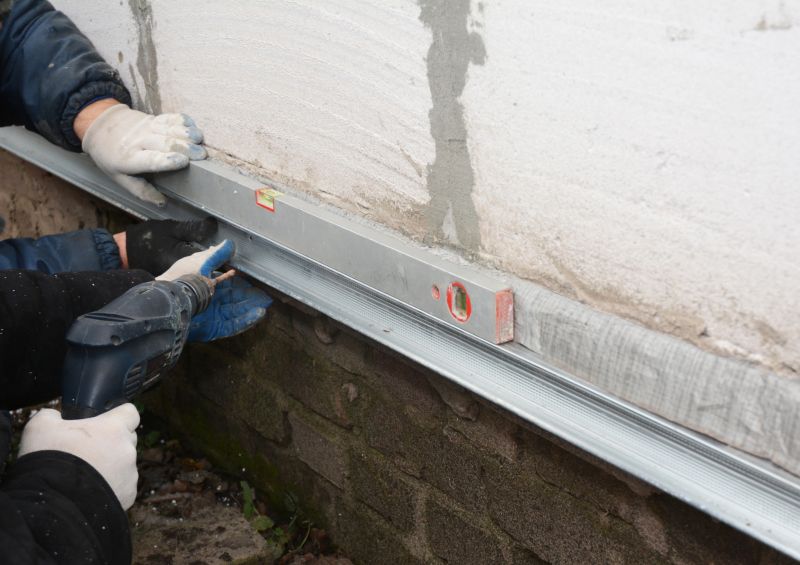
Images showing stabilized foundations after repairs.
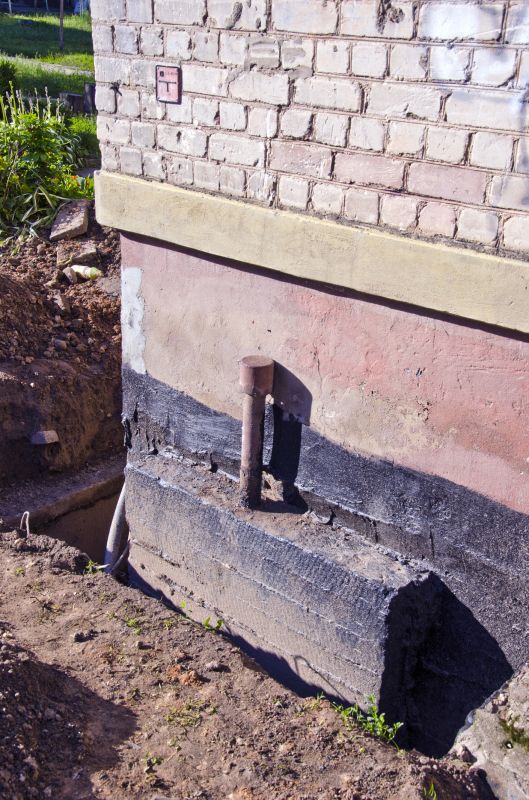
Visuals illustrating soil behavior across seasons.

Small tweaks to make Foundation Repairs safer and easier to use.
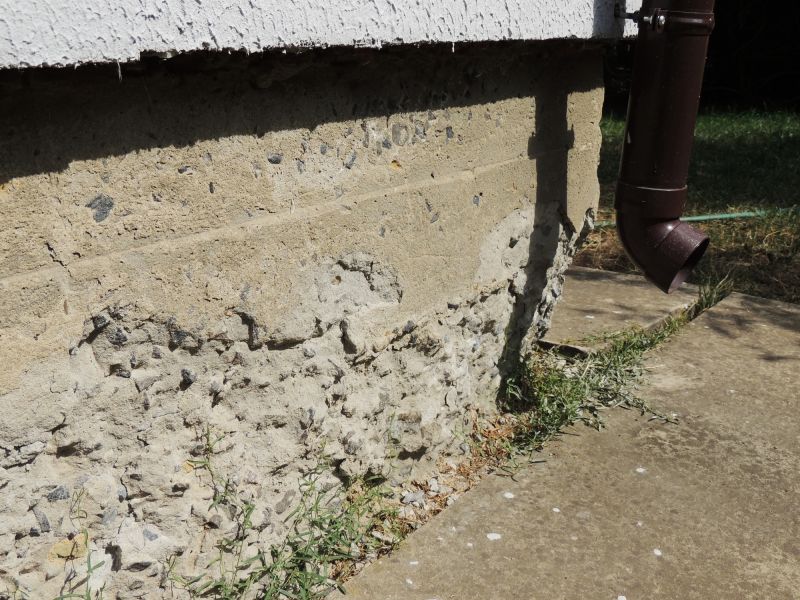
Lower-waste or water-saving choices for Foundation Repairs.
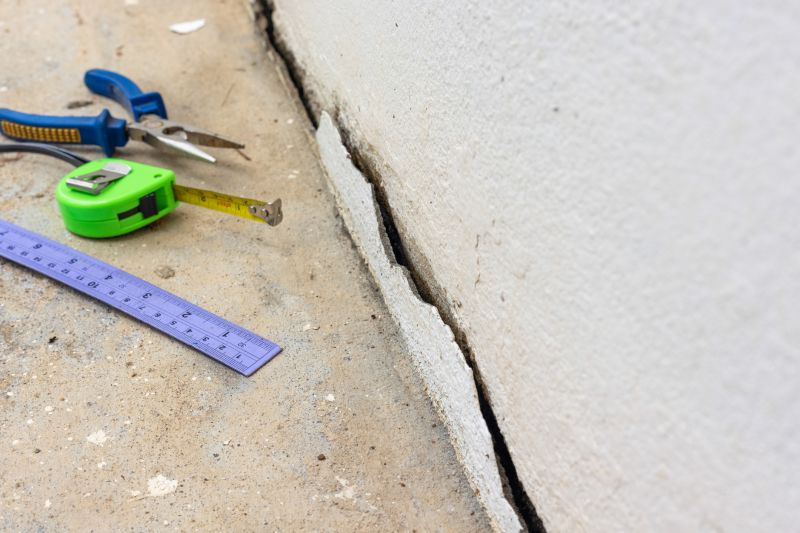
The short, realistic tool list for quality Foundation Repairs.
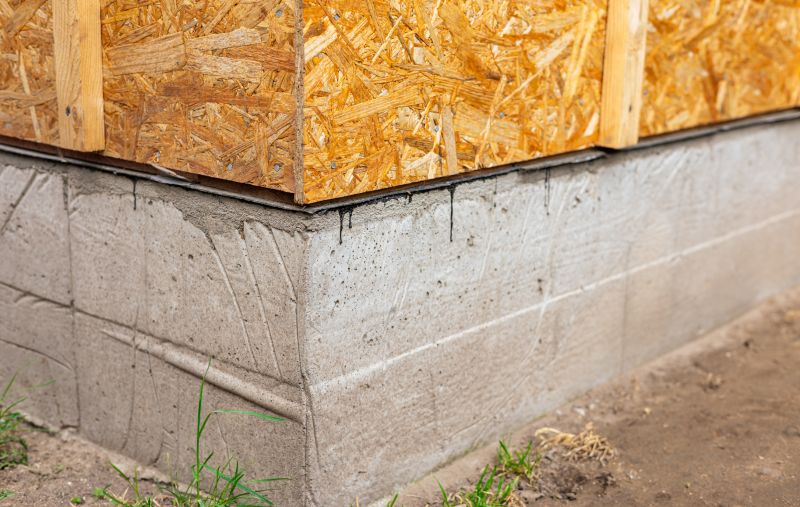
Rough timing from prep to clean-up for Foundation Repairs.
Interested in foundation repairs? Filling out the contact form can provide access to expert evaluations and tailored solutions to address foundation concerns effectively.





